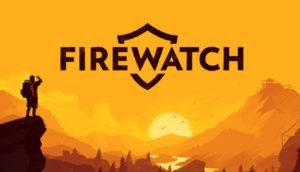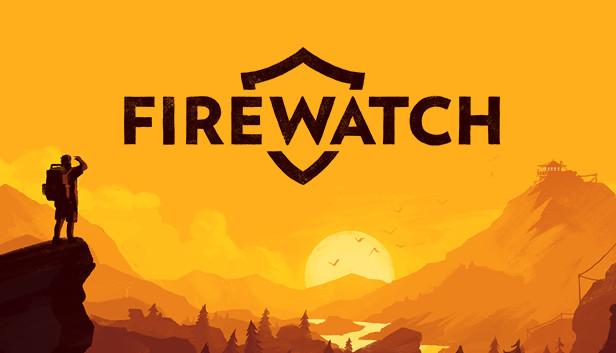
Critical Play: Firewatch
Game: Firewatch
Developer: Campo Santo
Device: PC
Target Audience: The target audience for Firewatch are people who enjoy relaxing and beautiful games between the ages of 16 and 35. Older teens are much more likely to enjoy games like these, where they can understand the story much more deeply
Formal Elements:
Players: Single Player vs. Game
Objective: Exploration-based game where you travel a forest, picking up hints and objects that may serve to provide insight into the mysterious occurrences happening during the game. Players are tasked with small puzzles and uncover a conspiracy while they play the game, and their main objective is to complete the story.
Outcomes: There is only one ending to this game, which users have to complete the main story to get to. In stark contrast to decision-based and choice-based games, players only have one ending that they can get to, and there is no other alternative.
Resources: The player has the use of compasses, tools, and interactive items scattered throughout the world such as a radio, etc. The resources that the user has is usually story and narrative-driven, and most of the tools that you use drives the story forward.
Rules and Procedures: The mobility of the player is relatively open, mirroring other RPG-like games with the ability to explore the open world and forest. The players can interact with environmental items and also make use of tools like compasses, etc.
Boundaries: The user is bounded within the confines of the forest, and often have invisible walls that prevent clipping.
Types of Fun
Narrative: This game is intensely grounded in its narrative-driven fun, where Henry explores the forest and investigates mysteries while interacting with Delilah, his supervisor over the radio. The mystery, suspense, and story push the p[layers to continue the game to learn more about the world and also uncover the exact narrative arcs. Players are held in suspense, and the game does a beautiful job of propelling the game through its tension-building story, beautiful graphics, voice acting, and environmental setup!
Discovery: Users are constantly being challenged in this open-world forest, where they want to uncover the secrets and causes for mysterious, unknown occurrences throughout the park. The game wants players to continuously explore the area, interact with their surroundings, and guide players throughout the main narrative of the story. The game takes place in a forest, and they take advantage of the setting by encouraging users to seek out their own stories!
Moments of Epic Fail or Success
Epic Fail: I think this game is a bit lackluster in terms of stimulation and excitement for the player. While the game is primarily story-driven, it lacks a lot of autonomy for the player to go off and explore on their own – I found that the main story was a bit insular, where there is not as much encouragement for users to go out into the open-world. Similarly, I found that the long periods of walking were somewhat boring to me, as I often just held down the forward key and dozed off while I went to my next destination. My experience with long walks were not exactly positive, but I can definitely see someone who enjoys the open-world graphics of the game to really enjoy it! It’s relaxing, but somewhat tiring, repetitive, and boring.
Success: I think this game did an amazing job of keeping players interested in the plot-line of the narrative and finding out more information about the world, as well as Delilah and the main character. I was constantly on the edge of my seat, looking on with tension and suspense at what would happen next. The concept of mystery was great, and encouraged me to continue walking and exploring the main narrative arc of the story! It was a great first step into the genre for myself!
Making the game better:
I would be sure to include more stimulating activities for the user to do during the long walks or to break up the main story. I found that I was doing the same monotonous task of walking with my compass across long distances – I would have preferred if there was some way to break up that monotony and have a more well-rounded approach to stimulation for the player. The inclusion of some puzzles or alternative mechanisms like needing to increase your health-bar or food satiation would be really helpful!
Given that the story is incredibly story-driven, it really disappointed me to see that there was only one possible ending for the whole game. It makes me feel like the decisions and choices that I made throughout the story were incredibly inconsequential and had no bearing on the final outcome of the narrative. I wish this game gave me much more autonomy and control over the main story quest, and also presented some alternate endings rather than just one.



